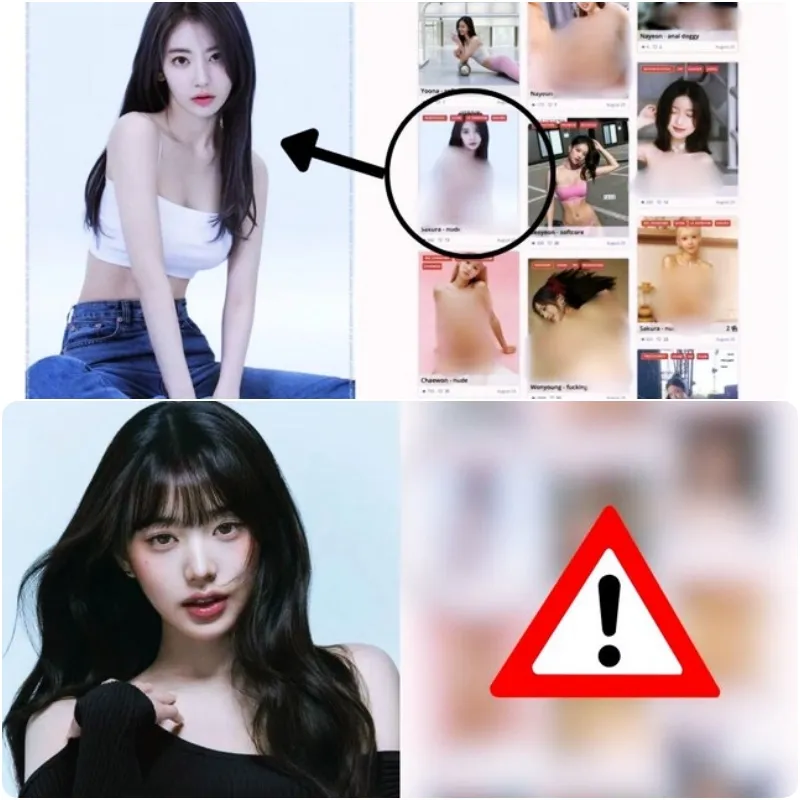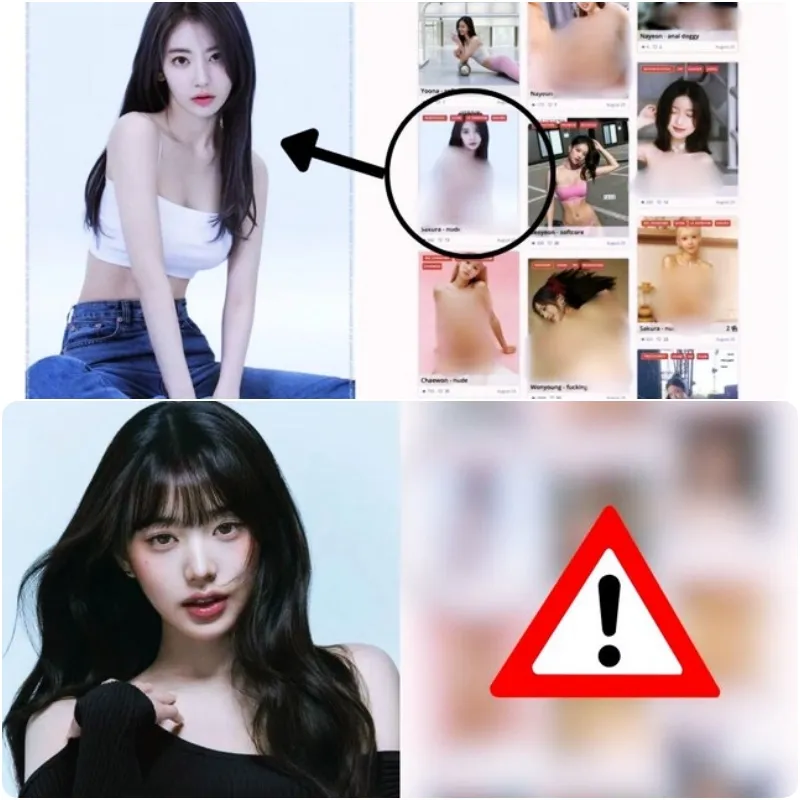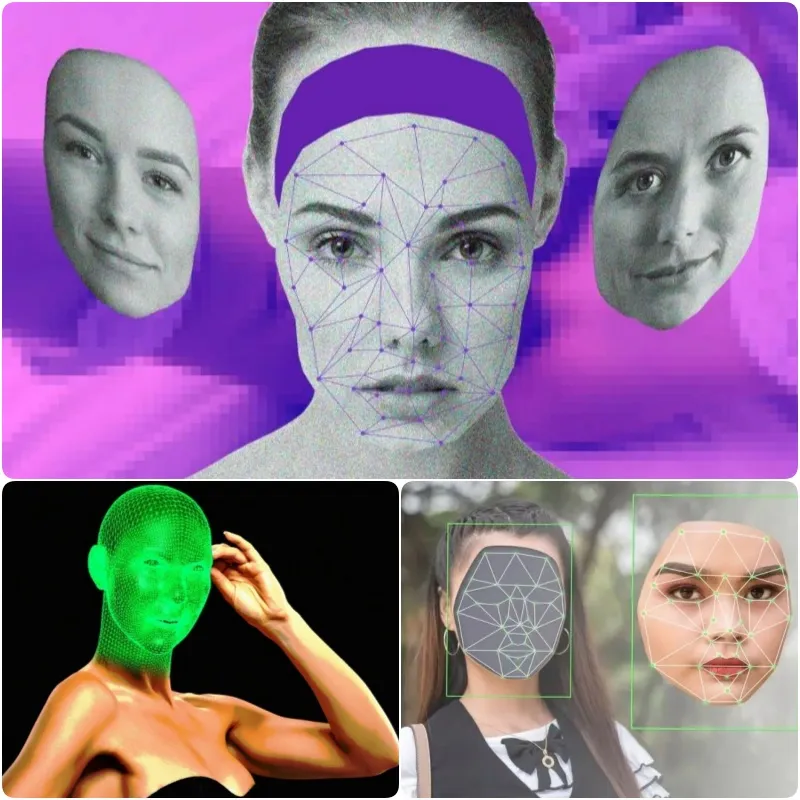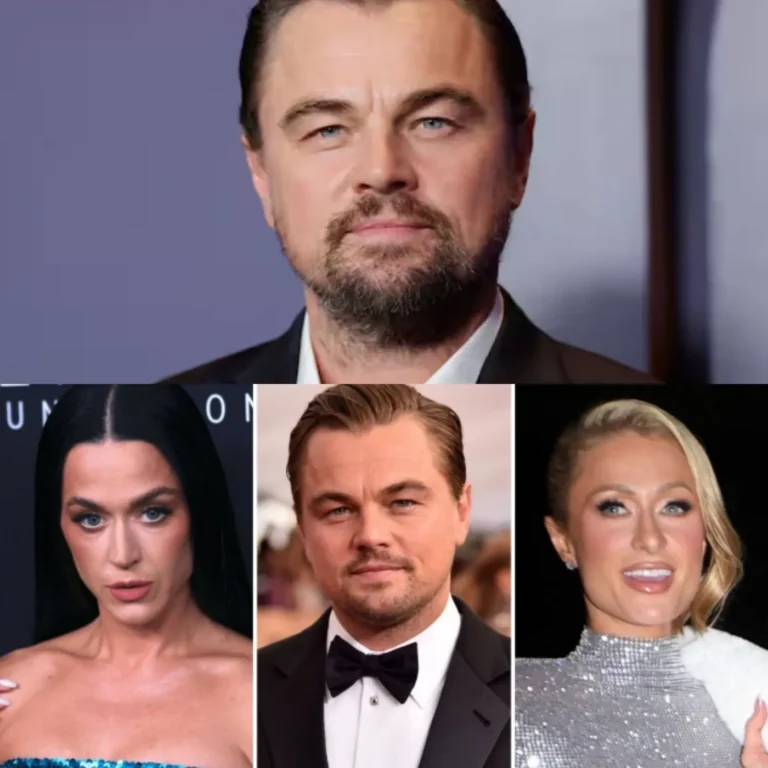
Over 200 Female Korean Singers Exploited in Deepfake Porn: Public Outrage
Recently, the South Korean online community has been rocked by the revelation that over 200 female Korean singers and idols have been exploited in deepfake porn videos. These videos have sparked widespread outrage as many victims and perpetrators are teenagers.
Telegram chat rooms with a combined membership of over 212,000 have been discovered, where users can access explicit content by simply sending photos and personal information of any girl, from friends to family members. These chat rooms contain pornographic images and videos featuring many famous female idols.

Deepfake, a technology that uses artificial intelligence to manipulate images, videos, or audio without the consent of the subject, has become a common tool in creating non-consensual pornographic content. Recent analyses indicate that 53% of individuals appearing in deepfake videos are South Korean singers and actors.
A notable website has been circulating on Twitter, listing over 200 K-pop female idols from various groups. The images on this website have all been edited, and numerous other websites also use deepfake technology to superimpose victims’ faces onto pornographic content. Some content requires users to pay to view.
Public outrage is mounting, with many calling on idol management companies to take action against the dissemination of deepfake porn. South Korean President Yoon Suk Yeol has urged the government to intensify efforts to crack down on digital sex crimes and combat the use of AI to create deepfake videos.
The number of deepfake crimes involving sexual content has surged this year. As of July, 297 cases have been reported, nearly double the number in 2021. Of the 178 people charged, 113 were teenagers. Recently, a deepfake offender was sentenced to five years in prison for producing and distributing thousands of fabricated pornographic videos.

Internationally, the deepfake problem has also been recognized. Channel 4 News has published a list of the five most popular deepfake websites, involving nearly 4,000 celebrities. These websites have received approximately 100 million views in just three months.
Victims of deepfake videos feel deeply violated. Cathy Newman from Channel 4 News, one of the victims, stated, “It feels like a violation. It’s terrifying that people are making up these stories about me.”
Social media platforms like Google and Meta (Facebook and Instagram) are implementing measures to protect users, although many loopholes remain. Google is committed to improving safeguards, while Meta has removed ads and accounts related to deepfake.
The deepfake problem continues to be a significant challenge in protecting privacy and combating the abuse of technology.






